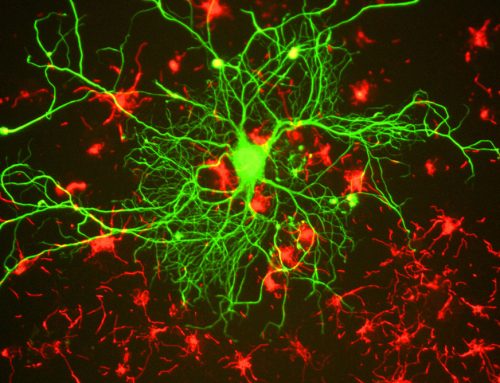The Carolina Recovery from Depression Protocol (CARED): A Novel Rapid Treatment Paradigm for Depression
2023 Award: $146,110
Researchers at UNC are developing a new, intensive therapy to treat depression that combines non-invasive brain stimulation and psychotherapy. The Carolina Recovery from Depression Protocol (CARED) is designed to reduce depression symptoms in just one day and may be a more accessible treatment option for those with financial and logistical constraints. This pilot study aims to test the feasibility and effectiveness of this novel approach to treating depression.
Need/Problem: The mental health crisis continues to affect many people, and there is an urgent need for new treatments for conditions like depression. While some treatments, like transcranial magnetic stimulation (TMS) and psychotherapy, have shown promise, they are often difficult to access due to their cost and time requirements.
Grant Summary: Recent research has shown that shorter and more intense treatment courses may be just as effective as longer ones. The proposed study aims to investigate whether a single-day, intense treatment combining non-invasive brain stimulation and psychotherapy can reduce depression symptoms. This new treatment protocol, called the Carolina Recovery from Depression Protocol (CARED), will be tested in a pilot study with 30 people who have treatment-resistant depression. The study will evaluate the feasibility and preliminary efficacy of CARED, and will use electroencephalography (EEG) to track target engagement of the brain circuits associated with depression. The goal is to create a new, integrated treatment that can be administered quickly and bring significant change to how depression is treated.
Goals and Projected Outcomes: If successful, this new treatment could address many unmet needs in mental healthcare. It could reduce the burden on the healthcare system by providing a treatment that can be administered in a single day, and it could be used in emergency situations to help patients in crisis. Additionally, it could help people who are not ideal candidates for medication, such as pregnant people, elderly people, and adolescents. This study is a pilot and will generate important data for subsequent large-scale grant applications.

Flavio Fröhlich, PhD
Grant Details: The proposed research aims to develop and evaluate a new treatment protocol for depression called the Carolina Recovery from Depression Protocol (CARED) that combines non-invasive brain stimulation and psychotherapy into a single-day, intense treatment. The study will recruit 30 individuals with moderate treatment-resistant major depressive disorder (MDD) and randomly assign them to receive either CARED or a placebo treatment. The CARED treatment involves motivational interviewing, psychoeducation on neuronal plasticity and growth mindset, behavioral activation and alpha-transcranial alternating current stimulation (tACS) to reduce anhedonia, and acceptance and commitment therapy with mindfulness and theta-tACS to target mood symptoms. The treatment also includes intermittent theta-burst stimulation (iTBS) to maximize neuroplasticity. The placebo treatment involves sham-tACS and time-matched therapist interaction without specific factors of psychotherapy and iTBS. Serial electroencephalography (EEG) will be used to track target engagement. The study aims to determine the feasibility and preliminary efficacy of CARED and generate data for subsequent large-scale NIH grant applications.




